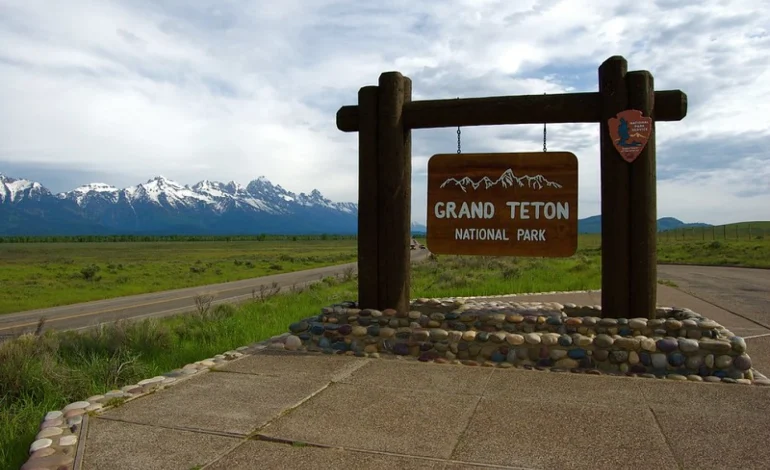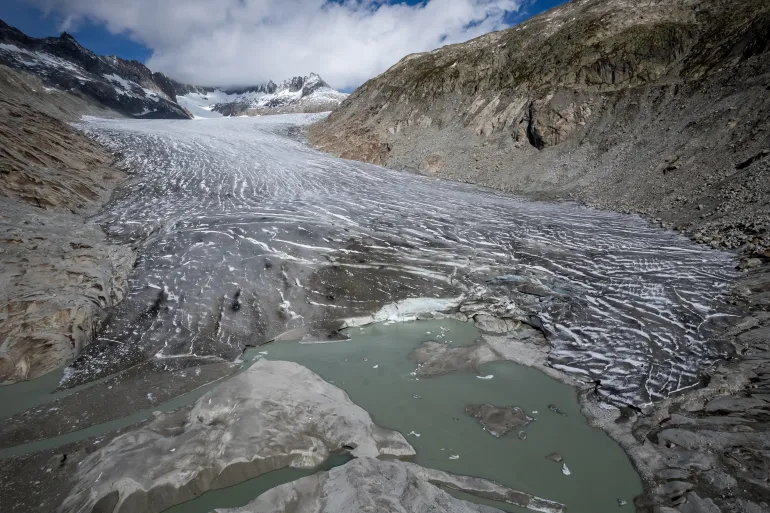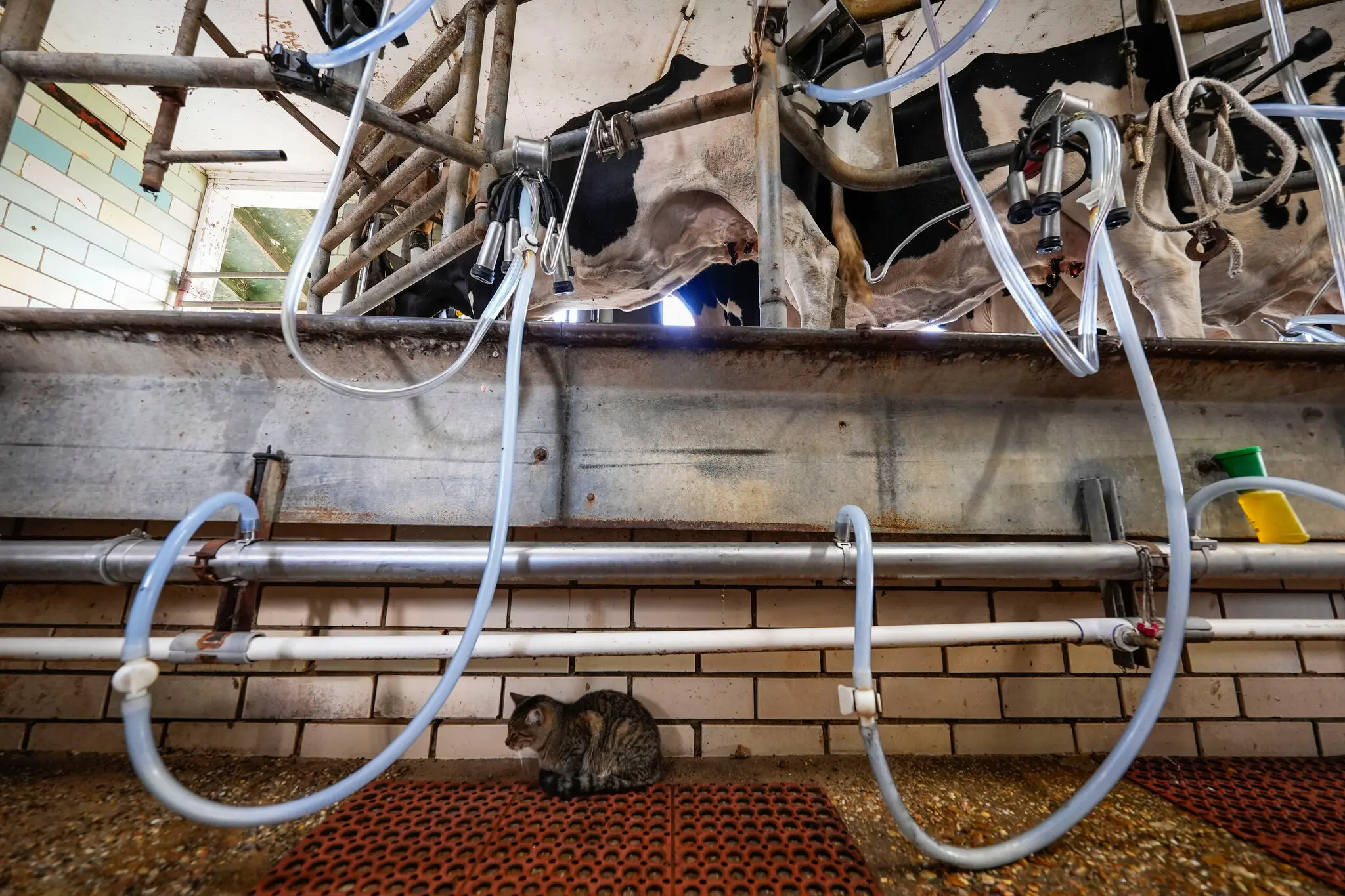Wyoming Lawmakers Push for Greater State Control Over Federal Land

Wyoming lawmakers are advocating for increased state control over federal land within the state, with proposals calling for the transfer of over 30 million acres—approximately half of the state’s land—from federal to state jurisdiction, Wyoming Public Media reports.
The proposed measures have gained attention as a response to what some state officials view as mismanagement by the federal government.
Senate Joint Resolution 2, introduced by state lawmakers, outlines a plan for Wyoming to gain control of vast areas of land, including parts of the national forest and Bureau of Land Management territories, as well as the Grand Teton National Park and Devils Tower National Monument. The resolution asserts that Wyoming should be entitled to the same political rights and territorial sovereignty as the original states, citing the “equal footing doctrine” of the US Constitution.
State Sen. Tim French (R-Powell), a key advocate of the proposal, expressed confidence that Wyoming could manage the additional land. At a recent Senate committee meeting, French emphasized that local residents should have more control over land management instead of federal authorities. His comments were part of a broader movement claiming that the federal government is violating the Constitution by retaining control over public lands within the state.
However, the proposal has raised concerns, particularly about the legal feasibility of such a transfer. Critics, including Alec Underwood of the Wyoming Outdoor Council, argue that there is over a century of case law that makes such a move legally impossible. Additionally, questions have been raised about the practical implications, such as how Wyoming would manage the additional land, including infrastructure, wildfire control, and maintenance costs. There is also concern that such a move could limit public access to the lands or lead to them being sold to private entities.
In response, Sen. Barry Crago (R-Buffalo) voiced concerns about the potential complications related to federal mineral rights under private land. Despite these concerns, the resolution passed through committee and is now awaiting a vote in the state Senate.
Similar actions are taking place in other Western states, including Utah, where lawmakers are considering a resolution to co-manage national parks within the state. However, even if the resolutions pass in Wyoming, the federal government would still have the authority to reject or ignore the proposals.
These efforts are part of a larger movement to increase state sovereignty in Wyoming, with other bills in progress aimed at limiting federal land acquisitions and protecting the state’s rights against federal overreach. One such bill, HB 118, would prevent Wyoming from selling land or mineral rights to the federal government if it resulted in an increase in federal land within the state. Additionally, lawmakers are considering joining other states in calling for a constitutional convention to limit federal powers.







